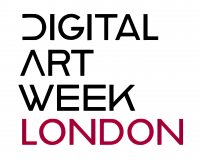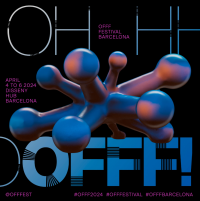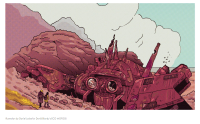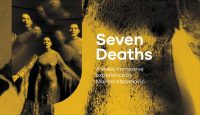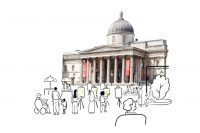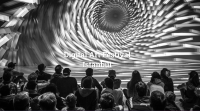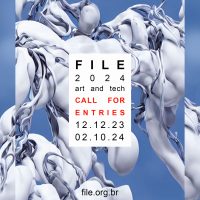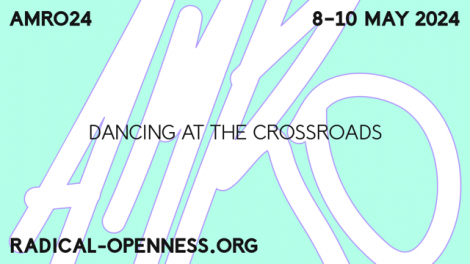
AMRO24’s edition
AMRO, Art Meets Radical Openness, is a biennial festival for art, hacktivism and open cultures, organized since 2008 by servus.at in cooperation with the Linz University of Art, Department of Time-Based Media. AMRO offers a context for discussing the challenges of digital cultures, software and network infrastructures, art and everyday life, education, politics and activism.
This year’s edition is also AMRO’s 15th anniversary and will take place from 8th-11th May 2024 at afo architekturforum öberosterreich & various locations in Linz.
AMRO24’s theme is “Dancing at the crossroads”. At the crossroads leading to a complex multi-crisis, AMRO24 aims to create spaces of resistance against the technological monoculture. It invites its community of artists and technologists, activists and developers to contribute with work envisioning forms of computational degrowth and permacomputational principles; developing with forms of protest and dissent to the normative, extractive and anti-social technological mainstream; and dealing with the consequences of a perhaps resistible rise of total AI.
Keywords for this year’s program are: Flirting with Burnouts, Looking at Points Tipping, Reseeding Resistance. While it is certainly true that in the present situation the need for action is ever increasing, the upcoming issue of AMRO refuses to conform to any simplification of reality. As a community located at the intersection of radical art practices and open source philosophies, this festival provides a space to envision alternative models of digitalization, as well as the liberatory social forms that flourish with them.
The festival is free for everyone to attend and there will be workshops, an exhibition, night performances and interventions.
Open Call
Deadline: 23rd February 2024, 20:24 CET
The festival program will also be enriched by a call for participation open to artists, programmers, researchers, activists and free spirits. You are welcome to propose a program point through the form, and the team will get in touch with you in the coming weeks.
The festival is looking for experimental, critical approaches to the uses of technology; combining performative and artistic research methods; and works open for feedback and further development.


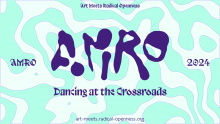
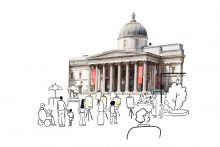
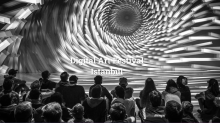
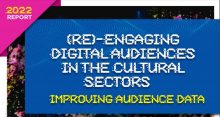
 If you have interesting news and events to point out in the field of digital cultural heritage, we are waiting for your contribution.
If you have interesting news and events to point out in the field of digital cultural heritage, we are waiting for your contribution.







